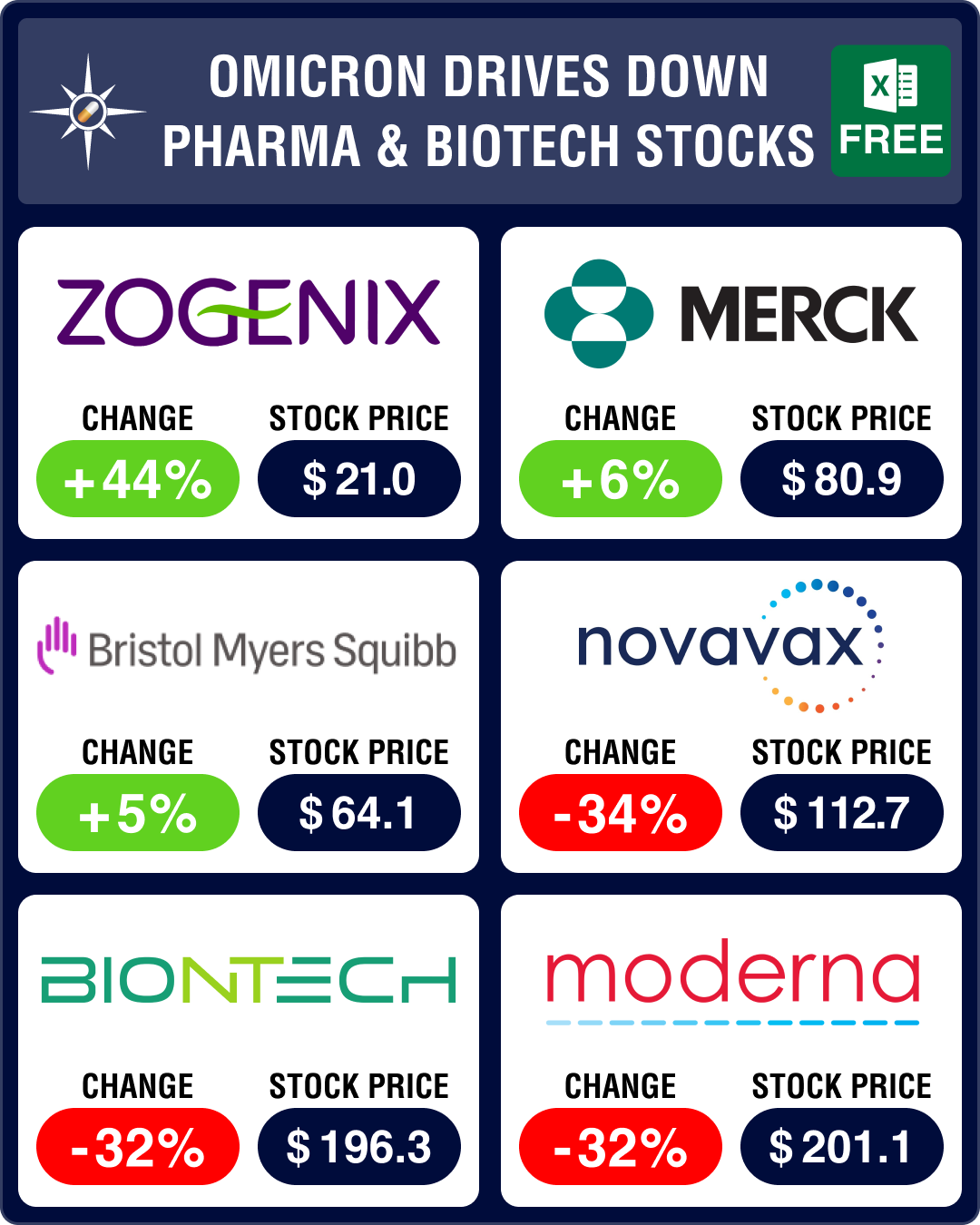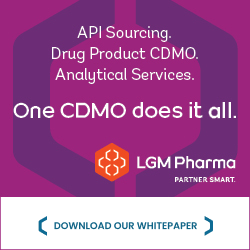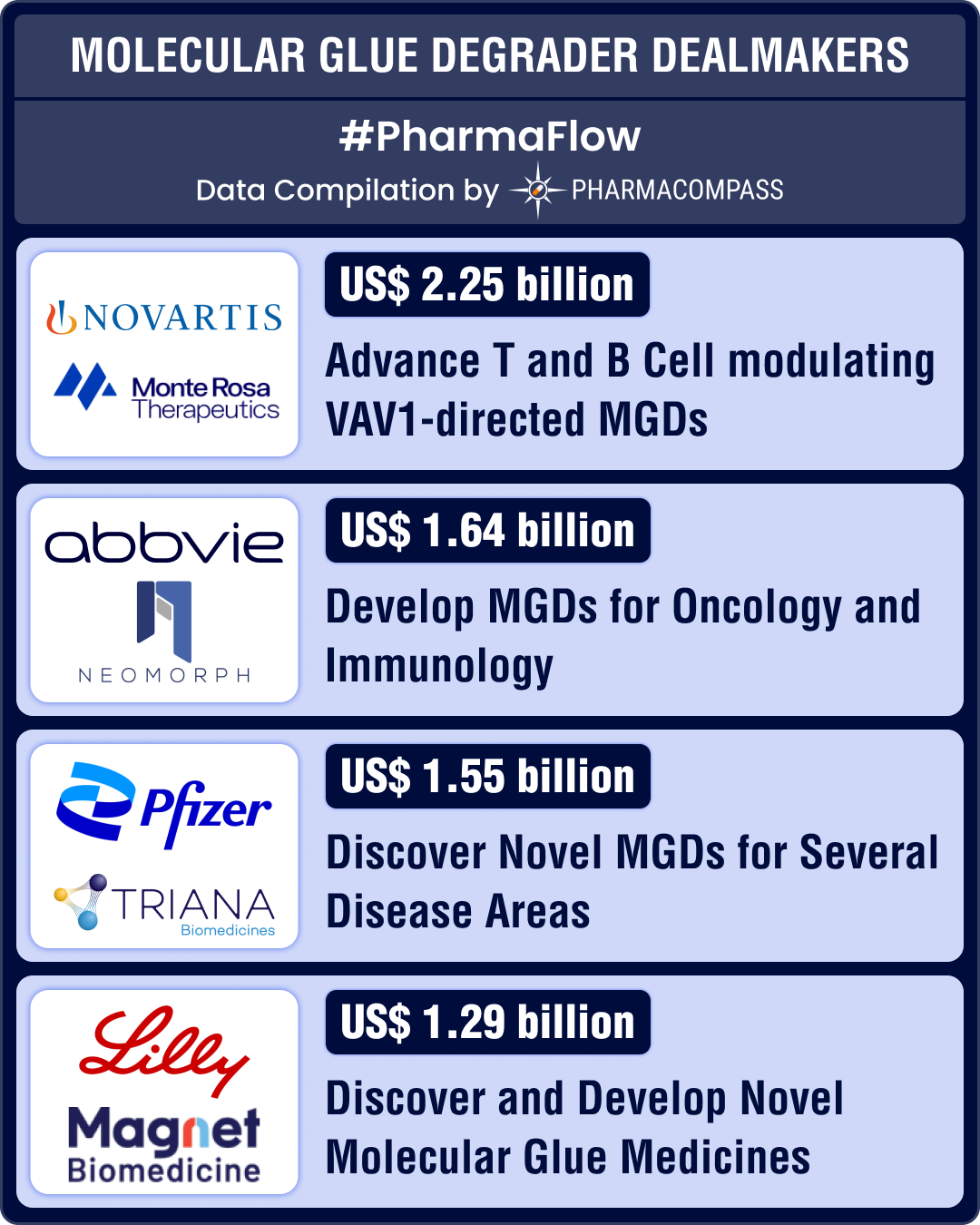
By PharmaCompass
2022-02-10
Impressions: 3258
The first two years of the pandemic proved to be a boon for the biopharmaceutical industry. With companies working at a feverish pace to develop Covid-19 vaccines and anti-viral drugs, investors were bullish on biopharma stocks. During this period, stocks of publicly traded biotechs soared to all-time highs.
Startups launched initial public offerings (IPOs) at a record pace. During 2020 and 2021, 149 biotechs raised at least US$ 50 million in IPOs, compared to 83 in the previous two years, according to BioPharma Dive data. However, during the second half of 2021, the pace and performance of biotech IPOs began to plummet.
For the markets, 2022 began on a muted note. The SPDR S&P Biotech exchange traded fund (ETF), which is tracked by fund specialists to measure the industry’s performance, slumped by 18.7 percent in January.
But has the investors’ honeymoon with the biotech stocks come to an end?
Access the Pipeline Prospector Dashboard for January 2022 Newsmakers
Bad news, profit taking lead to fall in stock markets
There are clear reasons behind the bearish trend witnessed in January.
With the detection of Omicron in the last quarter of 2021 came news that
vaccines are not as effective on this new variant. As a result, most vaccine
makers suffered losses at the bourses in January. For instance, Moderna — one of the top stocks of 2021 post the success of its messenger RNA-based vaccine — saw one of the biggest drops in values. Analysts began questioning whether Covid-19 vaccine sales alone can justify Moderna’s meteoric valuation.
Pfizer-BioNTech’s mRNA vaccine has had a dream run so far. But questions around the effectiveness of the vaccine against Omicron and the fact that the vaccines are less profitable than other drugs have driven down the stock prices of both companies.
Similarly, Regeneron (casirivimab and imdevimab) and Eli Lilly’s (bamlanivimab and etesevimab) antibody treatments suffered a blow as the FDA halted the use of these injections in Omicron patients. These “treatments are highly unlikely to be active against the Omicron variant,” the FDA said.
Catalent, a contract
development and manufacturing firm, and Novo Nordisk also saw
some bad news last month. Catalent’s syringe filling facility in Brussels,
Belgium, received a Form 483 from FDA and contributed to major supply woes for Novo
Nordisk’s obesity drug Wegovy.
Similarly, Gilead’s US$ 5 billion cancer drug candidate – magrolimab – received a setback when the FDA placed a partial clinical hold on studies evaluating the combination of magrolimab and azacitidine. Gilead also pulled cancer drug Zydelig (idelalisib) off the market for certain types of cancer after failing to complete follow-up clinical trials to confirm its efficacy and safety.
Anticipating a fall in the stock market, several investors began to book profits. Tax planning led to further drop in the biopharma stocks. In the US, traders often like to wait until January to sell stocks so that they get more time to file their capital gains tax. For instance, the tax bill on stocks sold in January 2022 becomes due only on April 15, 2023, as against the April 15, 2022, deadline for stocks sold in December 2021.
Access the Pipeline Prospector Dashboard for January 2022 Newsmakers
Novavax stumbles in vaccine race
After a series of delays in the lead-up to Novavax’s Covid-19 vaccine filing with the FDA, the biotech completed its emergency use authorization (EUA) request in January-end. The vaccine — NVX-CoV2373 — is a protein-based shot that has demonstrated efficacy of about 90 percent against symptomatic disease in a large trial in the US and Mexico.
Novavax had
originally hoped to file its EUA by the second quarter of 2021, but it had to
push that deadline to the third quarter due to a manufacturing glitch. In
October 2021, it announced a further delay, and finally completed the paperwork
last month.
Investors have been worried about the revenue prospects for latecomers — they fear Novavax’s vaccine may arrive at a time when demand for Covid-19 vaccination would have dropped significantly. At the start of 2020, Novavax shares had soared a whopping 7,900 percent. However, by 2021-end, the stock had retreated 55 percent from its high.
The other
loser last month was Denali Therapeutics as the FDA put a clinical hold on its Alzheimer’s drug even before the drug entered human trials. The news alarmed investors, sending Denali’s shares down 11 percent.
The move also impacted Takeda, which strengthened its 2018 deal with Denali in early January by entering into an agreement to develop and commercialize up to three specified therapeutic product candidates for neurodegenerative diseases. Each program is directed to a genetically validated target for neurodegenerative disorders, including Alzheimer’s disease and other indications.
Another loser was Lysogene, which ended its deal with Sarepta Therapeutics for an experimental therapy to treat a rare inherited disease of the central nervous system. The termination, set to take effect on July 11, followed unsuccessful discussions between the two drugmakers regarding responsibility for global commercial supply, the companies said.
Access the Pipeline Prospector Dashboard for January 2022 Newsmakers
FDA denies approval to Pfizer’s growth hormone deficiency drug
Pfizer faced a big setback last month when the FDA declined to approve its treatment for growth hormone deficiency in children, developed in partnership with OPKO Health. The agency’s complete response letter (CRL) came as a surprise since the biologic drug – somatrogon – has already been approved under the brand name Ngenla in Japan, Australia and Canada. An official go-ahead in Europe is also expected soon after the European Medicines Agency (EMA) recommended somatrogon for marketing authorization in the EU. Shares of Pfizer were down 0.4 percent after this news, while the OPKO stock dropped 9.2 percent.
Access the Pipeline Prospector Dashboard for January 2022 Newsmakers
Merck emerges biggest gainer
Merck was one of the biggest gainers on the bourses last month as its stock gained by 6 percent. In January, Merck and Ridgeback Biotherapeutics announced data from six preclinical studies demonstrating that its oral anti-viral Covid-19 med — molnupiravir — was active against the Omicron variant (B1.1.529) in vitro.
The in vitro studies were
independently conducted by researchers from institutions in six countries,
including Belgium, Czech Republic, Germany, Poland, the Netherlands and the
United States. Molnupiravir has yet to be
studied against Omicron in clinical studies.
There was more good news from Merck — its immuno-oncology drug Keytruda was approved in Japan to treat patients with certain types of endometrial cancer. Japan’s Ministry of Health, Labour and Welfare (MHLW) approved Keytruda, when used in combination with Eisai’s Lenvima to treat patients with unresectable, advanced, or recurrent endometrial carcinomas that progressed after chemotherapy. Endometrial cancer is a type of cancer that begins in the uterus. This indication could bring in another US$ 200 million in annual sales for Merck.
Access the Pipeline Prospector Dashboard for January 2022 Newsmakers
UCB acquires Zogenix
Belgian
biopharma UCB acquired Zogenix for US$ 1.9 billion to expand
its portfolio of rare disease drugs and epilepsy treatments. The Belgian firm has offered
US$ 26 per share in cash to seal the deal. The California-based firm had
received US and EU approvals for its drug Fintepla that treats Dravet syndrome (a rare form
of childhood epilepsy with limited treatment options) in 2020. The drug brought
in sales of US$ 21.4 million in the third quarter of 2021. It is now seeking an approval for Fintepla to treat
Lennox-Gastaut Syndrome (LGS), another rare form of childhood epilepsy. Acquiring Zogenix will allow UCB
to move deeper into the epilepsy market, where it already has four products.
Post this announcement, shares of Zogenix Inc soared more than 60 percent. Here are some other deals announced in January:
Exscientia-Sanofi deal: Pharmatech company Exscientia inked a research collaboration and license agreement potentially worth billions of dollars with French drugmaker Sanofi SA. The companies said they plan to use Exscientia’s AI-based capabilities and personalized medicine platform to develop up to 15 novel small molecule candidates across oncology and immunology. Exscientia will receive an upfront cash payment of US$ 100 million and will be eligible for up to US$ 5.2 billion in milestones payments, along with royalties on sales of products resulting from the collaboration.
Pfizer-Beam
research collaboration: Pfizer and Beam Therapeutics entered into an exclusive four-year research collaboration for rare
genetic diseases of the liver, muscle and central nervous system. As part of
the collaboration, Pfizer will make an upfront payment of US$ 300 million to
Beam.
BMS-Century deal: Bristol Myers Squibb (BMS) announced a research collaboration and license agreement with Century Therapeutics to develop and commercialize four drug candidates to treat blood and bone marrow cancers along with solid tumors. Century will receive an initial sum of US$ 100 million from BMS, and the pharma giant will also put in an additional US$ 50 million in Century’s stock. Century may also receive an additional US$ 3 billion in milestone payments and royalties. Meanwhile, BMS said it is planning a slew of deals and M&As over the next two years to offset the loss of revenue from its blockbuster multiple myeloma drug – Revlimid – which is slated to hit the patent cliff this year.
Fusion-Pepscan deal: Fusion Pharmaceuticals, a clinical-stage oncology company focused on developing next-generation radiopharmaceuticals as precision medicines, entered into a strategic research collaboration with Pepscan Therapeutics (Pepscan) to discover novel, peptide-based radiopharmaceuticals for the treatment of various solid tumors.
Access the Pipeline Prospector Dashboard for January 2022 Newsmakers
Our view
The year 2022 began with two IPO announcements — CinCor Pharma and Amylyx Pharmaceuticals. CinCor, a clinical-stage biopharmaceutical company, announced a US$ 193.6 million IPO while Amylyx’s IPO is US$190 million in size.
While these two stocks so far are not doing so badly, some other new arrivals, such as Vigil Neuro and Hillstream Biopharma, are already trading below
their float price.
A fortnight back, we had quoted PriceWaterhouseCoopers’ new report — Pharmaceutical and Life Sciences: Deals 2022 outlook — along with some other news (from BMS and Johnson & Johnson) to conclude that we could see exceptional M&A activity during the year.
While 2022 may certainly witness more mergers and acquisitions, as of today, it doesn’t seem like the stock markets will be as favorable to biopharma stocks as they were in the previous two years. Though that’s still not reason enough for investors to lose hope. For, more M&A activity will also have a bearing on how the stock markets play out.
Access the Pipeline Prospector Dashboard for January 2022 Newsmakers
Pharma & Biotech Newsmakers January 2022
| Company | Country | Currency | Market Cap (Bn) | Change In Market Cap (M) | Stock Price | Change In Price |
|---|
The PharmaCompass Newsletter – Sign Up, Stay Ahead
Feedback, help us to improve. Click here
Image Credit : Pharma & Biotech Recap January 2022 by PharmaCompass is licensed under CC BY 2.0
“ The article is based on the information available in public and which the author believes to be true. The author is not disseminating any information, which the author believes or knows, is confidential or in conflict with the privacy of any person. The views expressed or information supplied through this article is mere opinion and observation of the author. The author does not intend to defame, insult or, cause loss or damage to anyone, in any manner, through this article.”








